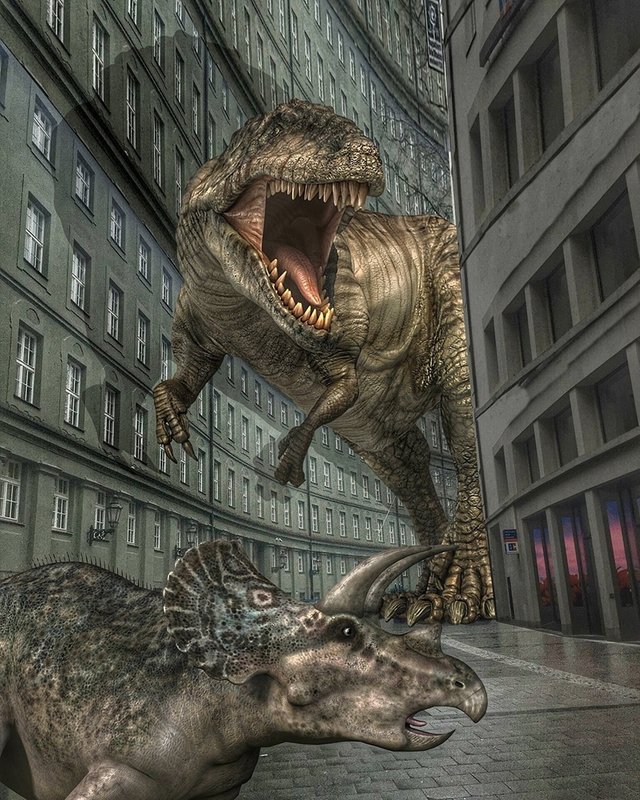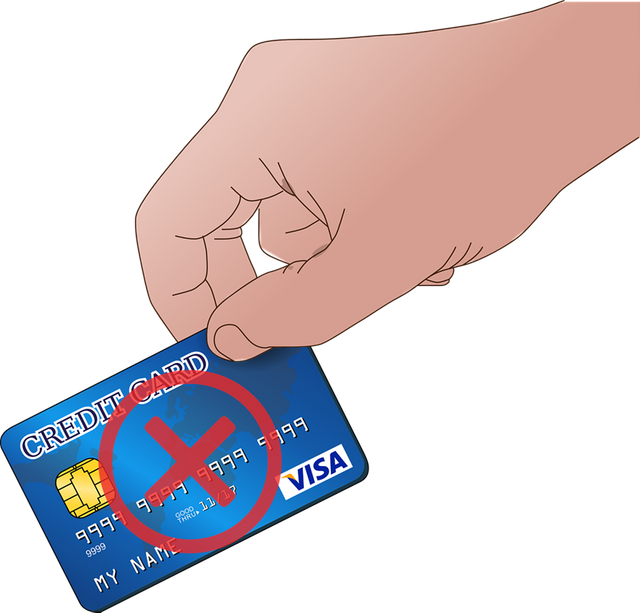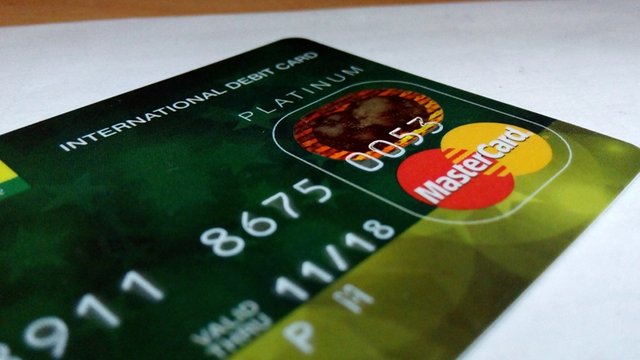How we can change the banking landscape of the future

We all understand that we need a bank account in this modern world to survive. Our salaries and wages get paid directly into it, our rent and bills get taken directly out of it without even having to move from our favourite chair. Besides cash is having a war raged against it, from demonetisation to restrictions on withdrawing or depositing large amounts into our accounts.
The lifeblood of a bank is lending through the fractional reserve system, which allows it to create money out of thin air, but this is also it’s Achilles heel.
Banks have a purpose in todays’ world, but they need to work for us not the other way around.
How is money created out of “thin air”, you might ask?
If Bob lends his £ 100.00 to John, new money is not created since Bob simply transfers his £ 100.00 of saved money to John for the agreed period of the loan. This type of transaction temporarily transfers the ownership of the £ 100.00 from Bob to John.
Similarly, when a bank mediates between Bob and John, it borrows £ 100.00 from Bob and simply lends that £ 100.00 to John. Lending that is fully backed up by savings doesn’t give rise to the creation of new money, this is also sometimes referred to as 100% reserve backed banking, and is by far the safest option.
Fractional reserve banking occurs when banks are legally permitted to use money, that is placed on deposit, for lending activities. Simply put, banks treat this type of money as if it was loaned to them (which is why depositors become unsecured creditors of the bank).
Fractional reserve banking is also based on the premise that not all depositors will want to withdraw all their deposited funds at the same time.
Let’s put Bob and John in the fractional reserve banking system.
Bob places £ 100.00 on deposit in his bank account with Bank A. He doesn’t relinquish his claim to the deposited £ 100.00. He has an unlimited and immediate claim on his £ 100.00. Deposits must be regarded no differently to a safety deposit box. When the bank uses deposited money as if it were loaned to it, the bank generates another claim on a given amount of deposited money.
Here is how fractional reserve banking works and why it is so dangerous.
The depositor – Bob - deposits £ 100.00 in cash at Bank A, which in this example constitutes the bank's current total cash deposits. Bank A then lends £ 100.00 to John. By lending John £ 100.00, the bank creates a deposit for £ 100.00 that John can now access.
Bob will continue to have his claim against £ 100.00 while John will also have a claim against £ 100.00. This type of lending is what fractional reserve banking is all about. The bank has £ 100.00 in cash against claims of £ 200.00. The bank therefore holds 50% (Cash/Claims) reserves against its deposits.
Bank A has created £ 100.00 out of "thin air" since this £ 100.00 is not supported by any real physical money.
Now John buys £ 100.00 of goods from Joe and pays Joe by direct bank transfer. This payment goes to Joe’s bank account at Bank B. After clearing the payment Bank B will have an increase in cash of £ 100.00, which it can take advantage of and use to lend, for example, £ 80.00 to Jerome. By applying the same principle as Bank A, Bank B has cash of £ 100.00 against claims of £ 180.00 so holds a 55.55% (Cash/Claims) reserve against its deposits.
From the example above, £ 80.00 has been created out of “thin air”, by bank B. Put these two examples together and you have total cash of £ 200.00 and claims of £ 380.00 of which £ 180.00 was created out of “thin air”. Multiply this by the millions of bank account holders around the world and you will see how quickly money is created out of thin air.
Lending through the fractional reserve banking system sets the money multiplier in motion, which is why banks DO NOT want bank runs. Most banks will collapse if they have a bank run (caused when numerous depositors withdraw all or most of their deposits at the same time). Is it any wonder there is a war on cash withdrawals?
Add greed, avarice and the too big to fail phenomenon to the mix and suddenly sound lending practices turn to risky and it all spirals out of control very quickly.
Still don't agree?
The Bank of England has openly admitted that it created new money electronically (read money out of thin air) as an unconventional form of monetary policy. This response was to the financial meltdown of 2007 and 2008 in which the majority of worlds central banks did the same thing.

Lending allows a bank to create money out of thin air, allowing it to become bigger, more powerful and eventually do whatever it wants.
A quote by Meyer Amschel Rothschild (1744 – 1812). “Permit me to issue and control the money of a nation, and I care not who makes its laws.” If this doesn’t expose the truth behind banking, I don’t know what will.
We also know that as a bank gets bigger and becomes more powerful, the more likely it is to become too big to fail. The financial difficulties they face are always self-inflicted, from criminal activities (evident by the fines they are receiving for e.g. rigging the LIBOR rate, manipulating the gold and silver prices, assisting in major money laundering operations etc, etc.) to risky lending and trading practices.
The too big to fail phenomenon, unheard of 15 years ago, is now well and truly entrenched within the global financial system and particularly within the banking system.
Our question is who ultimately bails out the banks when they get into financial difficulties?
The immediate response is usually the government of your country. Granted this is a last resort, but where does a government get their money from? Central banks make loans to governments which have to be repaid with interest. Where does a government get its money from to repay the loans and interest? Taxes right. Who pays the taxes? You and I. So, who indirectly, bails out the too big to fail banks? You and I.
Bondholders. A default (complete or partial) on repayment of bonds issued by a bank results in the bondholders taking a “haircut”. Who are the bond holders? Usually investors like pension funds, insurance companies etc. These companies invest money to get a return on that investment which covers their liabilities. Who are their liabilities? You and I.
Our pension and insurance pay-outs are a liability to these companies, amongst their operating expenses. When they are no longer receiving adequate returns on their investments, their liabilities can’t be met, so they either increase their insurance
premiums or cut pension pay-outs. This is evident and will become more so, with the news that some pension funds are under severe financial pressure and may run out of money to fund their current pension pay-outs, in the next 5 years. Who indirectly takes the “haircut”? You and I.
- Savings account holders. When a bank needs to be bailed out, our deposits at the bank are at risk of being bailed in (since we become unsecured creditors of the bank when we deposit our money into it - subject to any deposit insurance limits if they exist) by the bank. Who bails out the bank? You and I.
Can you see the trend that is emerging?
Lending, through the fractional reserve system, is the food that feeds this monster and surprisingly we CAN control how much food it gets.
How, you may ask?

Every time we borrow money from a bank by using our credit card, we feed this monster and it gets bigger and bigger and bigger. Even if we pay the credit card debt off, in full by the due date, we have still borrowed this money up to the due date.
If everyone stopped using their credit card, we would reduce the monsters’ food supply, which would slow down the debt it issues and bring sanity back to our financial system.
How can we survive without using our credit cards?

Use a debit card to pay for things instead, which will be the same as withdrawing funds from your account or using the bank as an intermediary as in the example of Bob and John right at the beginning of this post. You can still buy all the things you need and it may even cause you to review your spending habits, especially if you have more month left than money, at the end of the month.
Banks are required to have about a 10% reserve ratio (perhaps even lower), which means they have to have 10% of all deposits to cover withdrawals by you and me. The other 90% is used to lend out and create money out of “thin air”, which feeds it.
If everybody is using a debit card they would need a 100% reserve ratio, which will reduce the amount they can lend out and create debt with. You’ll be starving it. Your savings also wouldn’t be at risk of being bailed in, since the banks wouldn’t be able to get themselves into financial difficulties with risky lending practices.
Perhaps it’s time to put a stop to reckless lending practices by the banks, which you and I indirectly pay for, in the event of a bank collapse. It is time to let the banks work for us, not the other way around.
Elevate this concept into longer term debt like car loans and student loans and we reduce its food supply even more.
3 ways we can collectively change the banking landscape of the future.
By paying down our debt and avoiding future debt at all costs. Let’s face it, we are partly to blame for the explosion of debt since we are the ones borrowing from them. Banks only lend money to people who want to borrow.
By paying for goods and services with debit cards or cash only. Banks have no way of creating money out of thin air if there is no debt created and no-one to lend to, which will result in them being intermediaries only.
Of course, it makes no sense saving in todays’ world. What incentive is there? You are losing purchasing power faster than you can earn any interest (if at all) due to the increased money supply created by the banks through their fractional reserve banking.
Saving in hard assets like physical gold and silver is another matter entirely. It is your weapon against the loss of purchasing power. They have a proven track record of exceptional purchasing power protection over the long term and can be acquired without taking out loans to pay for. There are very few assets (if any) available to everyday working people, that offer this type of bargain.

Welcome to Steemit :)
I follow u, follow me back if u want lot of fun and amazing picture every day.